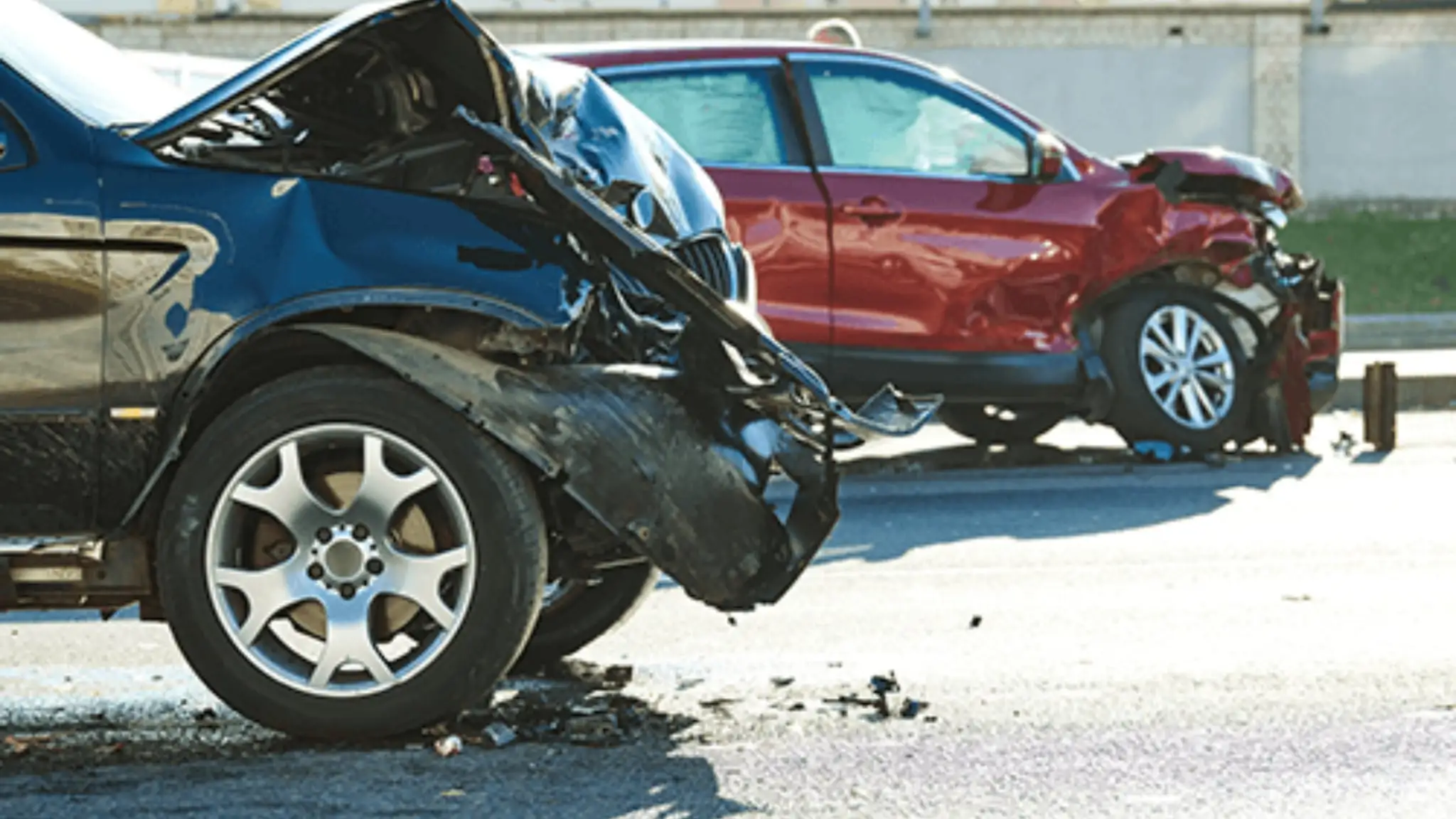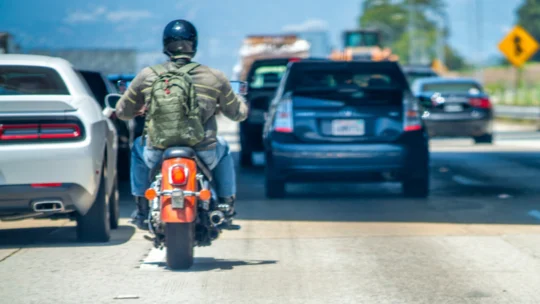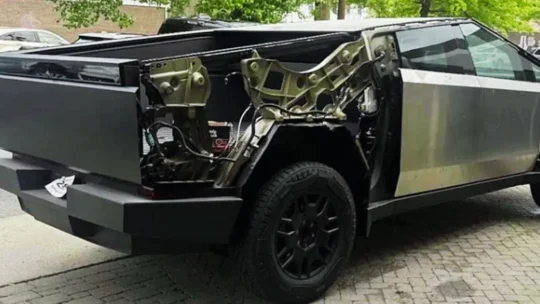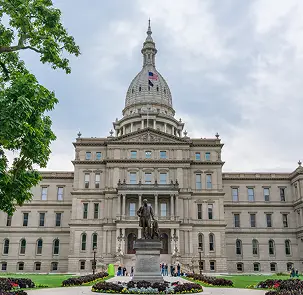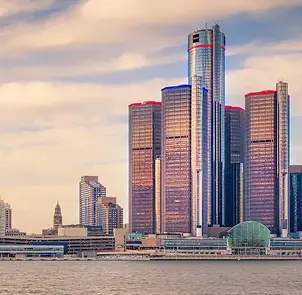How Michigan’s Graduated License Program Has Empowered Teens with Responsible Driving Practices
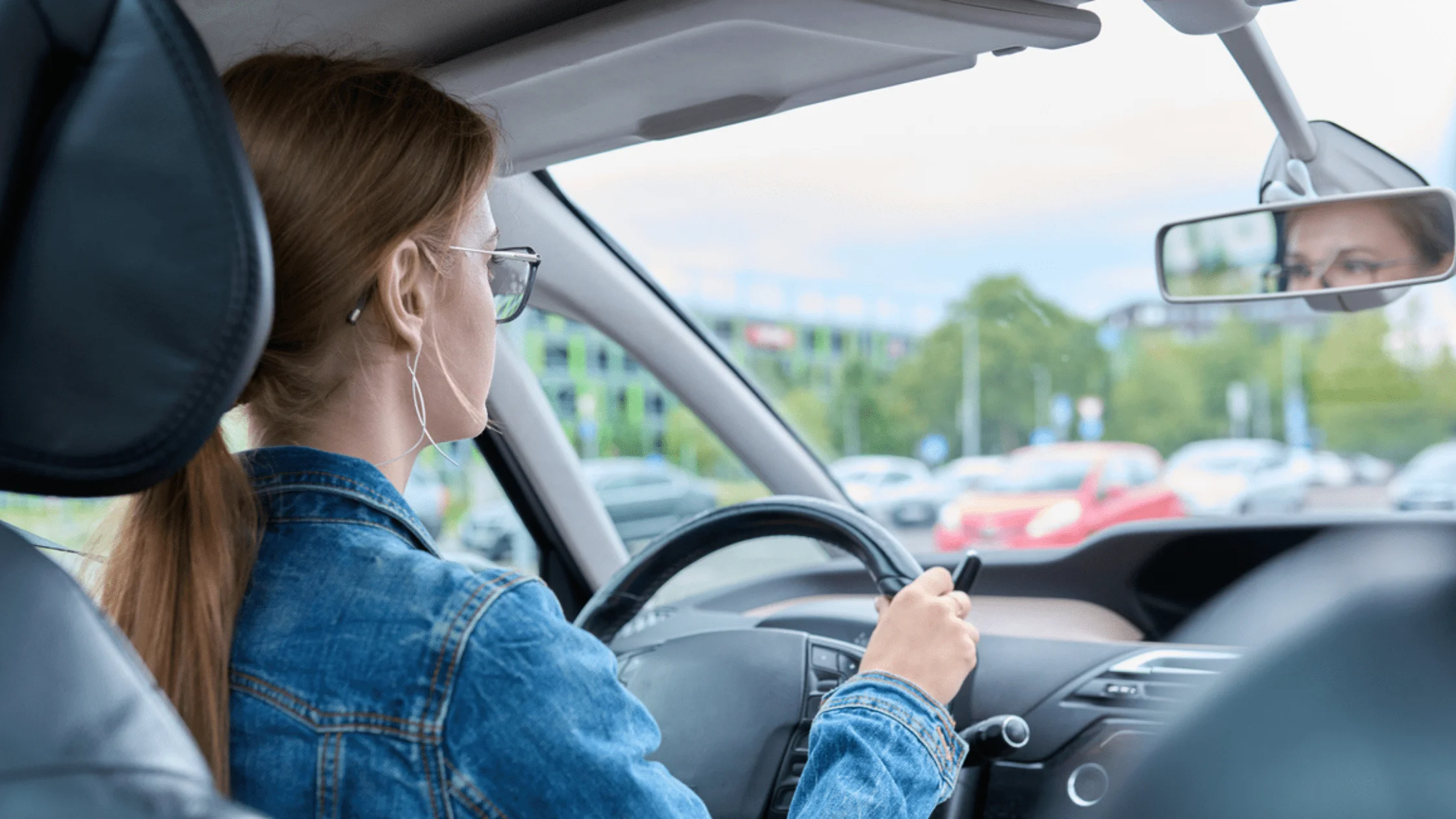
Beyond the Curfew, Michigan Teens Face Other Driving Limitations
In 2011, Michigan also joined many other states in initiating a Graduated Driver’s License (GDL) for young drivers. As noted by the Secretary of State, the GDL system gradually adds privileges for teen drivers as they gain experience on the road over time. There are three licensure levels currently in place: Level 1 License: a supervised learner’s license issued to teen drivers at least 14 years 9 months old. Level 2 License: an intermediate license that limits passengers and the unsupervised nighttime driving for teen drivers at least 16 years old. Level 3 License: a full-privilege driver license issued to teen drivers at least 17 years old after they have successfully completed all the previous instructional and driving requirements.Starting at Age 16, the Level 2 License Has the Most Complicated Restrictions
The Level 2 License requires a bit more explanation, since it’s where the teen driving curfew is most thoroughly defined and prohibits teen drivers from transporting more than one passenger outside of their immediate families. Here are the specific requirements and limitations, quoted directly from the Secretary of State’s website for clarity: “Teens with a level 2 license- Shall not operate a motor vehicle between 10 p.m. and 5 a.m. except when:
-
- driving to or from (work) or in the course of employment
-
- driving to or from an authorized activity (see below)
-
- accompanied by a parent or legal guardian or a licensed driver 21 years of age or older designated by the parent or legal guardian.
- Shall not operate a motor vehicle at any time with more than 1 passenger in the vehicle who is younger than 21 years of age except:
-
- when the additional passengers are immediate family members
-
- when driving to or from (work), or in the course of employment
-
- while going to or from an authorized activity (see below)
-
- when accompanied by a parent or legal guardian or a licensed driver 21 years of age or older designated by the parent or legal guardian.
- A school or a school-sanctioned event or activity. School means a public or private school, including a home school.
- A sporting event or activity, or extracurricular event or activity, that is not school-sanctioned but that is part of an official sports league or association or an official extracurricular club, or that is paid for as a service offered by a business specializing in those events or activities or training for those events or activities.
- A class or program of vocational instruction offered by a college, community college, nonprofit association, or unit of government or by a business specializing in vocational training.
- An event or activity sponsored by a religious organization that is tax-exempt under federal law.
- Transporting an individual in need of immediate emergency care or personal protection to a health care professional, hospital, police station, domestic violence shelter, or public safety location.”
Finally, Let’s Talk About Teen Car Insurance
Teen drivers are also required to be covered under Michigan’s No-Fault Insurance law. And while the state prohibits insurance companies from using gender, credit scores, educational level, zip code, and several other factors when setting premium rates, the age of the driver can be used in determining car insurance costs. This means that adding a teen driver to your insurance coverage will not be cheap. Still, some companies offer “good student” discounts and other ways to help families afford their insurance policies. Be sure to ask your agent about any cost-saving opportunities that might be available. Along those same lines, the Michigan Department of Insurance and Financial Services has also published “What Every Teen Driver Must Know” about auto insurance, which provides additional suggestions on saving money (such as designating teens as “secondary” drivers on household vehicles), and can help young drivers better understand all the requirements and regulations they’ll face when obtaining state-mandated insurance coverage.If Your Teen Gets in an Accident, We’re Here to Help
Here at Mike Morse Law Firm, many of us are parents and are intimately familiar with the dynamics at play when a teen hits the road for the first time. We’re also all too familiar with what happens when teen drivers and their passengers get injured through the negligence or bad behavior of other drivers. If your child, or anyone you care about, gets injured in a car accident that’s not their fault, we’ll be here for you. Just pick up the phone and call us anytime day or night at 855-MIKE-WINS (855-645-3946).Content checked by Mike Morse, personal injury attorney with Mike Morse Injury Law Firm. Mike Morse is the founder of Mike Morse Law Firm, the largest personal injury law firm in Michigan. Since being founded in 1995, Mike Morse Law Firm has grown to over 250 employees, served 100,000 clients, and collected more than $2 billion for victims of auto, truck and motorcycle accidents. The main office is in Southfield, MI but you can also find us in Detroit, Sterling Heights and many other locations.



